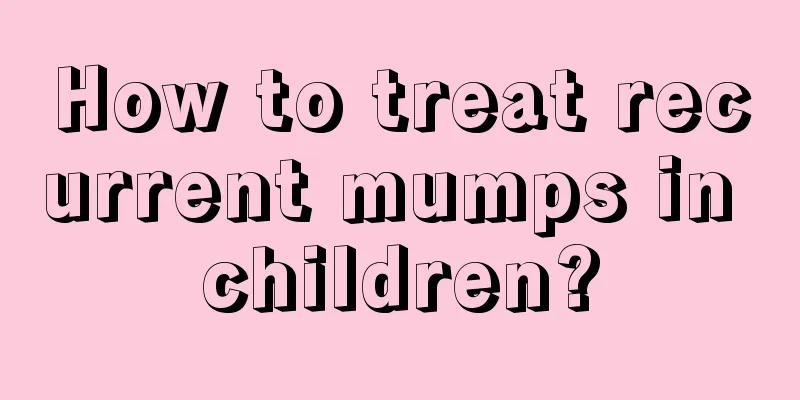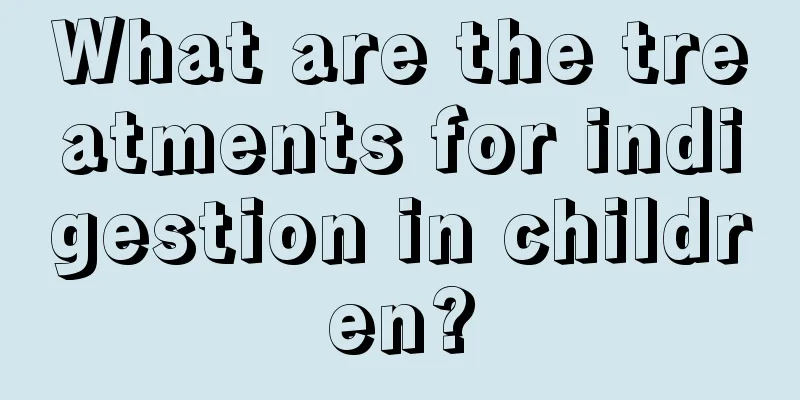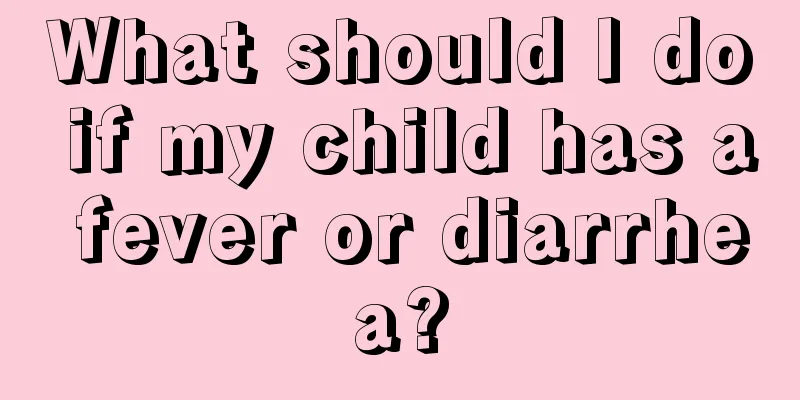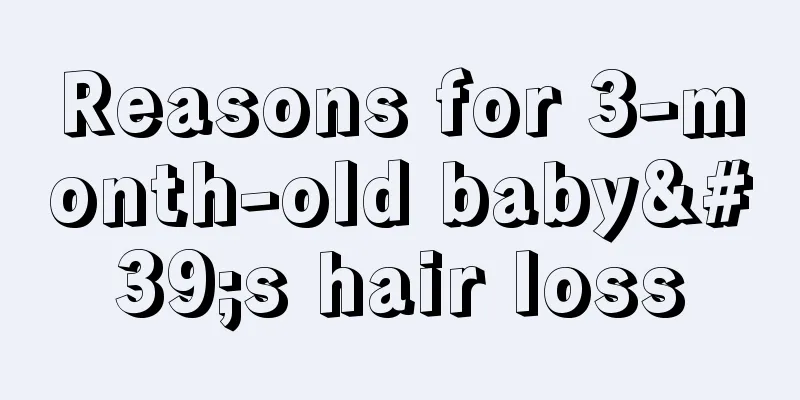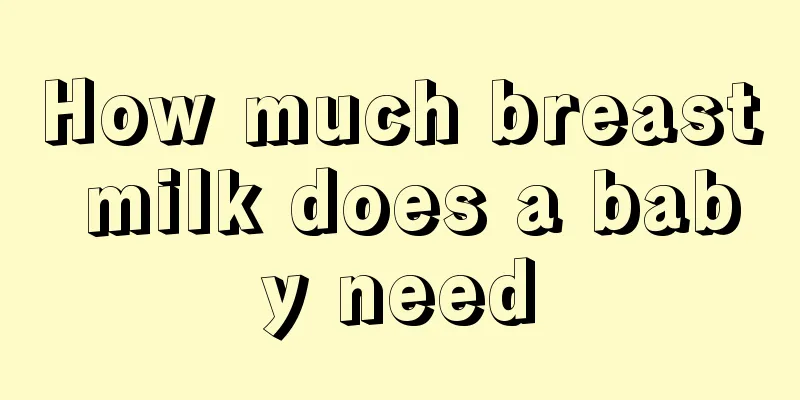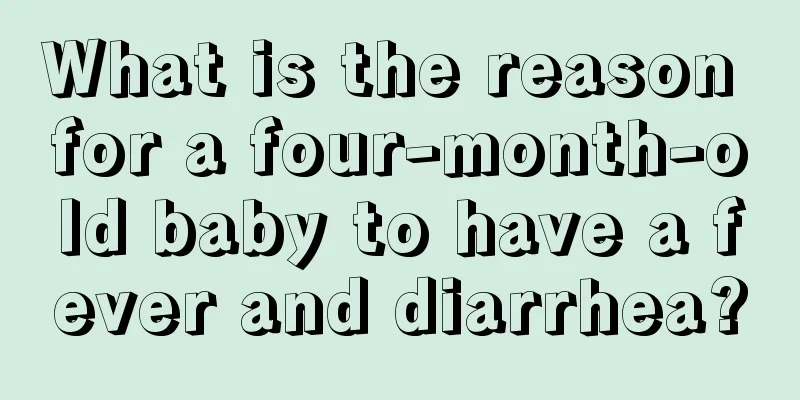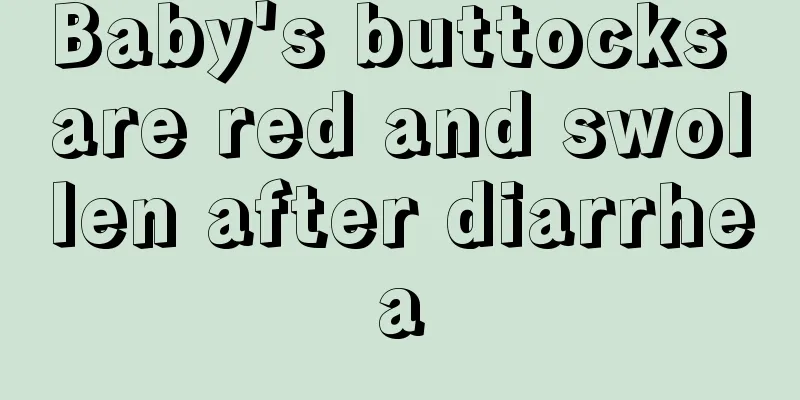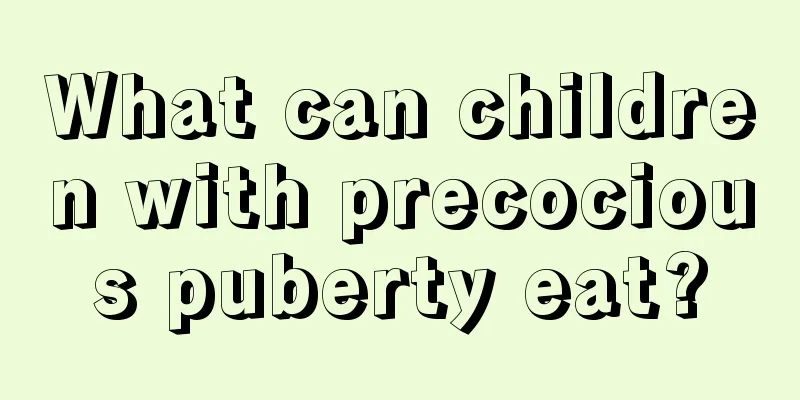What to do if your child has bronchitis?
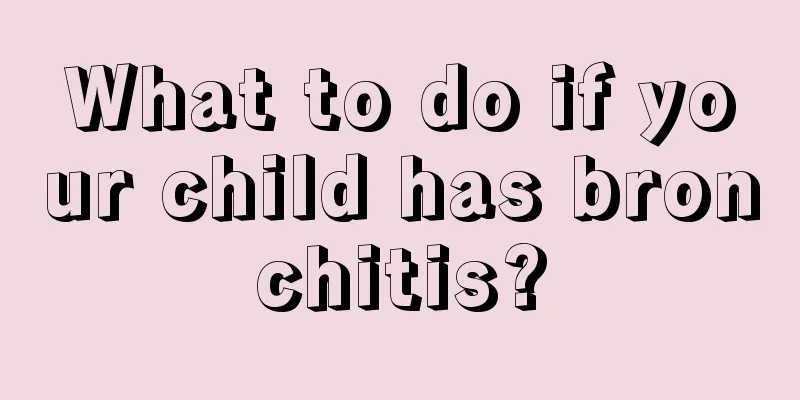
|
Some children go to the hospital for examination when they have a cough, and they are diagnosed with bronchitis. This disease usually occurs in the smaller bronchi of the lungs, and is caused by colds or viral infections. It is an acute respiratory infection. Parents should seek timely treatment after discovering their children's condition. So what should children do with bronchitis? First, what should we do if children have bronchitis? It is important to keep the baby warm. Cold stimulation will aggravate the condition, so mothers should add or remove clothes for the baby in time as the temperature changes. Babies in the north should try to reduce outdoor activities, wear masks and scarves when going out, and keep warm when sleeping. Ensure your baby gets enough rest time. Apart from coughing, babies with bronchitis do not show obvious signs of physical discomfort, but mothers should try to avoid strenuous activities, excited shouting, etc., and ensure that the baby gets enough rest. Tell your baby more stories and let him stay quietly in bed to ensure smooth and even breathing and reduce bronchial pressure. Second, keep the room where your baby sleeps at a constant temperature. Open the windows for ventilation when your baby is not around. In the dry heated rooms in the north, it is best to use a humidifier to maintain air humidity. Avoid exposing your baby to kitchen smoke, and adults should not smoke, as smoke can irritate the baby's bronchi and make the condition worse or recur. You can give your baby proper massage. Mothers can use their thumbs to gently press the outside of the baby's arm along the route of the lung meridian, from the shoulder to the baby's thumb, to achieve the effect of clearing the lungs, relieving cough and calming the mind. The pressure should be gentle, and the compression time should be the interval between the baby's two breaths. What should you do if your child has bronchitis? Give your baby water regularly. This can replenish the water lost due to fever, and can also dilute sputum and help with expectoration. For babies under 1 year old, feed them warm water 20 minutes after feeding, in small amounts and multiple times. Don't feed too quickly, otherwise it will cause vomiting. If your baby doesn't like to drink plain water, you can feed him sugar water, but it can't be too sweet. Sweet things can easily cause phlegm. For babies aged 1-3 years old, you can feed them water at regular intervals and in fixed amounts after meals, and you can also add egg soup, fruit juice, etc. Make sure your baby drinks about 1000-1200 ml of milk (water) every day. |
<<: What to do if your seven-month-old baby has bronchitis?
>>: What should I do if a small tooth grows inside my child's teeth?
Recommend
Why is my baby drooling so much?
It is a common physiological phenomenon for babie...
What is the best way to treat baby's buttocks?
Many mothers think that when the baby goes to the...
Four major misunderstandings about calcium supplementation for babies
When taking care of their babies, many mothers wi...
Anti-inflammatory drugs for 2 years old
Two-year-old babies have relatively low resistanc...
Why do children sneeze frequently?
Many mothers worry that their children will get s...
What to do if your one-year-old baby has yellow hair
The baby's hair turns yellow when he is just ...
What to do if your child has a dry nose? These methods can solve it
The air is very dry in autumn and winter, and man...
Is it okay if the baby washes his face every day?
It is very important to wash the baby's face....
What are the hazards of excessive lead to children
Although lead is an essential metal element in th...
Why does my child keep sneezing?
As a parent, if your child keeps sneezing, don’t ...
What are the reasons why three-month-old babies cry when feeding?
Women who have been mothers know that after the b...
What causes uneven skin tone on a child's face?
What causes uneven skin tone on children’s faces?...
What foods can help children grow taller?
As children grow up, their height has attracted t...
Children's fever-reducing folk remedies should be used reasonably
It is very common for children to have a fever, b...
These methods are very effective in treating sequelae of polio!
Poliomyelitis can cause a lot of harm to patients...

